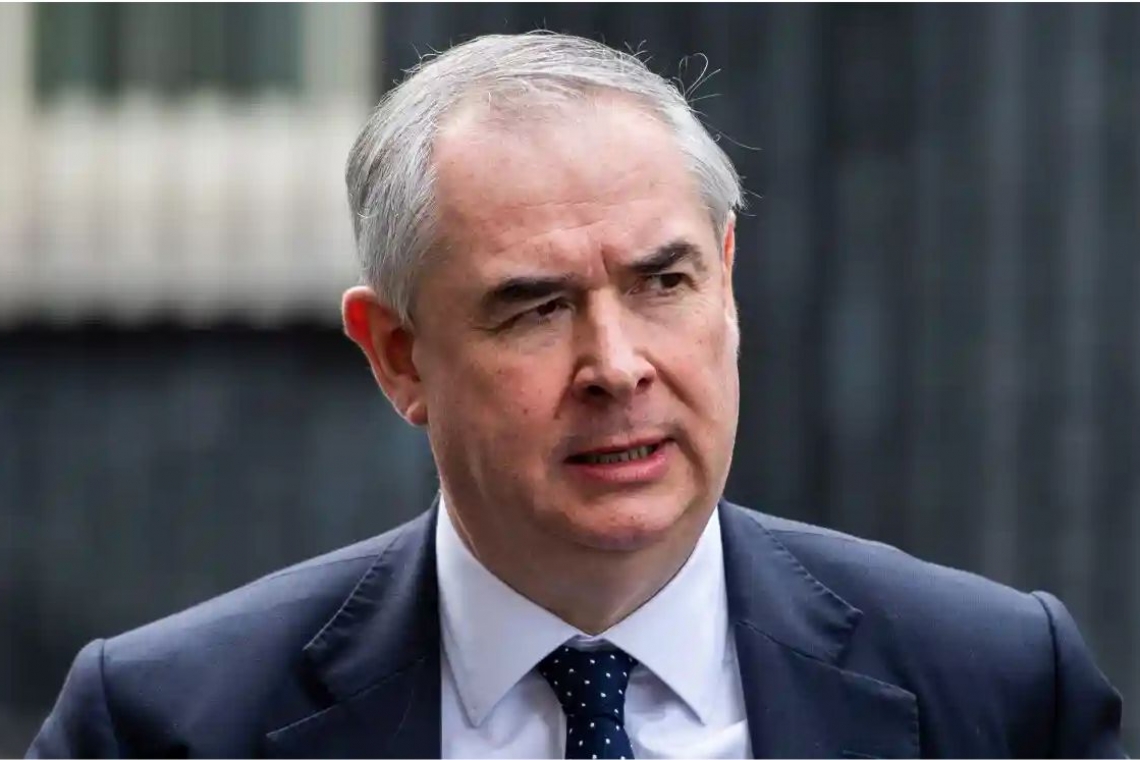Attorney general’s office has taken a year to decide whether to prosecute over Saudi deal
Geoffrey Cox, the attorney general, is under pressure to explain why his department has taken a year to decide whether to approve a corruption prosecution against a subsidiary of Airbus, the European aerospace group.
Anti-corruption campaigners have accused Cox of dragging his feet over the decision, which relates to allegations that the Airbus subsidiary paid multimillion-pound bribes to land a military contract with Saudi Arabia.
Any prosecution could be sensitive as it could cause diplomatic ructions with the Saudis and expose British government complicity in wrongdoing.
Since 2012, the Serious Fraud Office has been investigating allegations that GPT Special Project Management, the Airbus subsidiary, used illicit payments and gifts totalling at least £14m to win a £2bn contract to provide communications and electronic warfare equipment to the Saudi national guard.
The SFO asked the attorney general’s department at least a year ago to decide whether to initiate a prosecution, according to sources with knowledge of the investigation. Cox, who became attorney general last July, is required to give his consent for prosecutions under the Prevention of Corruption Act.
The attorney general’s department and the SFO declined to comment.
A House of Lords committee this month criticised the “slow pace” of bribery investigations.
Sue Hawley, the policy director of the anti-bribery campaign group Corruption Watch, said Cox should explain to parliament why there had been a delay, adding: “It is completely unacceptable that the attorney general has been sitting on this file for so long. The fact that the attorney general is holding this case up is deeply concerning.”
The attorney general’s department has taken on average around three months in recent years to make decisions on approving prosecutions under the Prevention of Corruption Act, according to a freedom of information response to Corruption Watch.
Hawley said the decision in the GPT case was a “key test of whether the UK has moved on from the BAE scandal and whether the SFO can tackle politically sensitive bribery cases”. In 2006, Tony Blair’s government shut down an SFO investigation into alleged bribes by BAE, Britain’s biggest arms company, in another Saudi military deal after complaints from Riyadh.
The GPT contract has operated under an agreement between the UK and Saudi governments. Payments made as part of the contract needed to be approved by the UK Ministry of Defence. A prosecution could reveal whether the UK MoD approved illicit payments from GPT to Saudi dignitaries.
Two MoD staff and four former GPT executives have reportedly been interviewed by the SFO. The MoD declined to comment when asked if it had refused to hand over documents to the SFO during its investigation.
Two former GPT executives are waiting to be told whether they will be prosecuted. The SFO has dropped investigations against two others.
The SFO started its investigation after a former GPT employee, Ian Foxley, blew the whistle on what he believed were corrupt payments being made through offshore accounts between 2007 and 2010.
Airbus said: “We have not been notified of a decision to proceed with charges in this case. We are continuing to cooperate with the SFO.”


